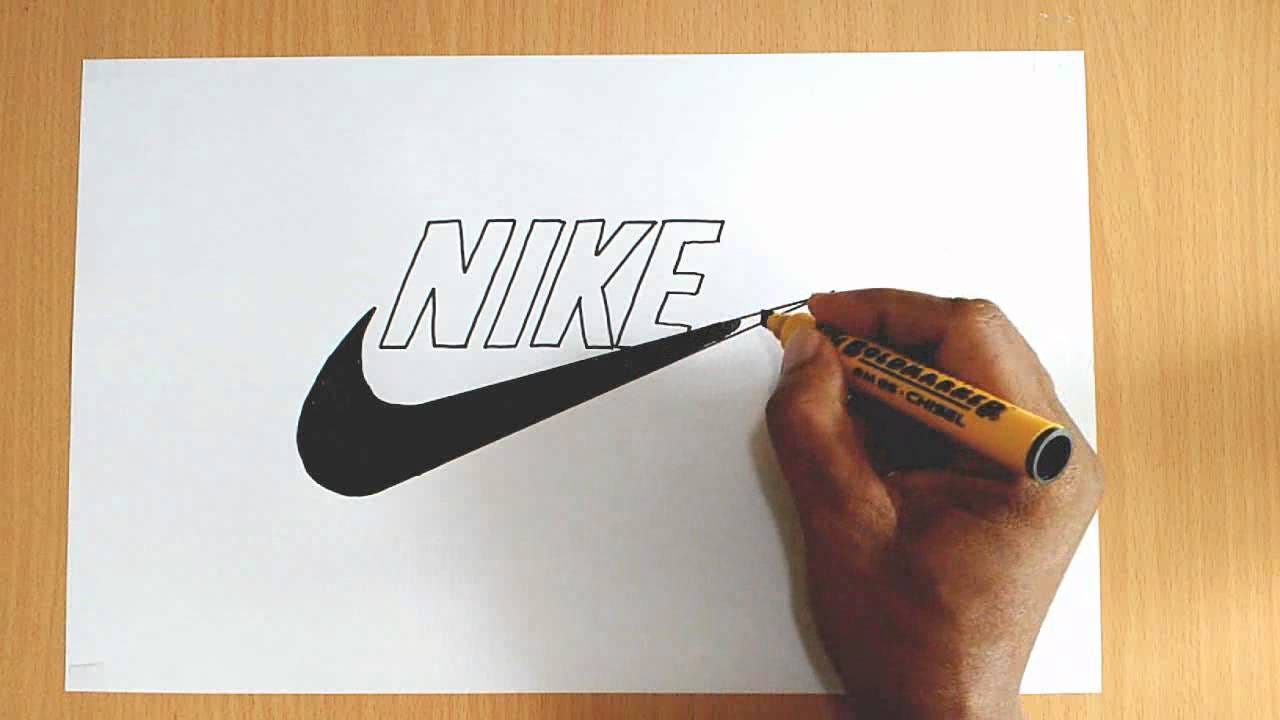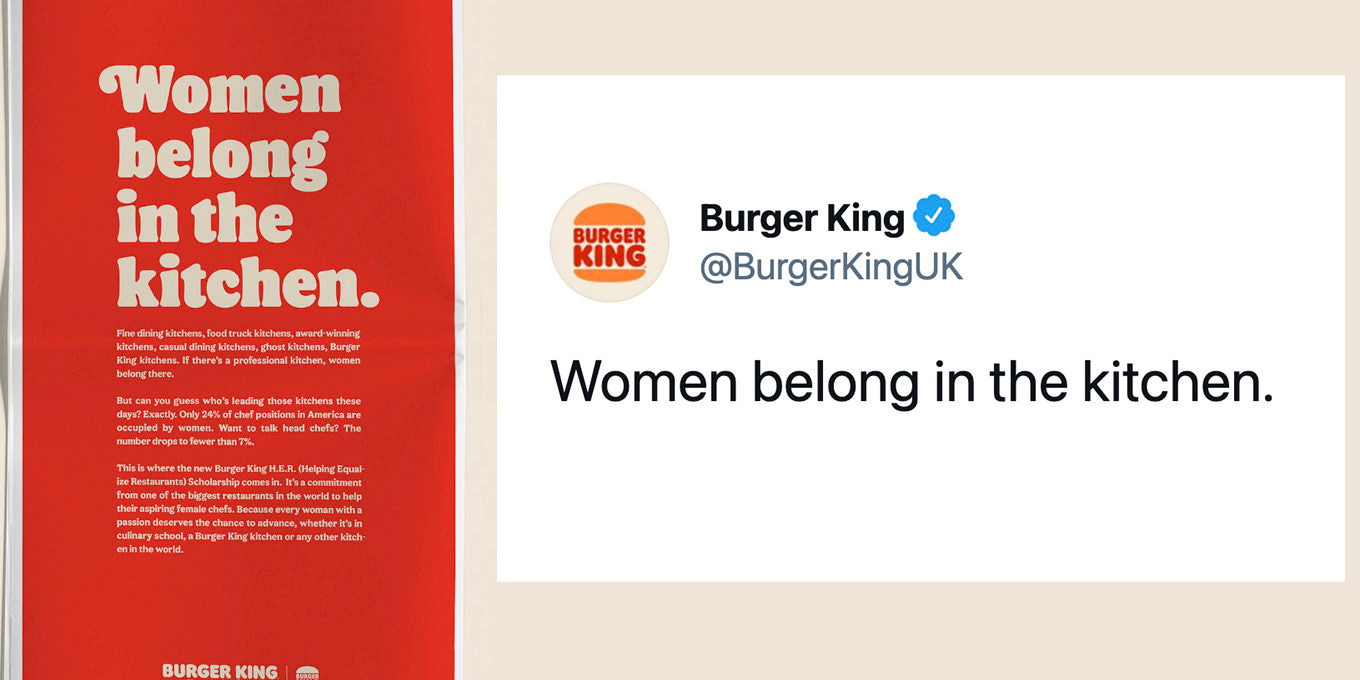What is marketing?
If you ask 100 strangers how they would define marketing, they’ll all tell you something different.
If you google it, you’ll see this: “the activity or business of promoting and selling products or services, including market research and advertising.”
That definition works well for a textbook that you may find collecting dust in a library (yes they still exist) but I’m not a marketing professor and I like to view things a little bit differently.
If you ask me, marketing is an art form and, much like any type of art, it can be used positively to promote people, organisations or ideas that seek to make our world a better place. However, it can also be used negatively to manipulate our thoughts to align with the interests of faceless, soulless corporations trying to sell us something we almost certainly don’t need.
Whatever your definition of marketing is, I’m certain we can all agree that marketing is at the very core of the capitalist world we find ourselves living in. No business can survive without it which explains why global ad spend is set to reach 1 trillion dollars in 2024.
So with all this money pouring into marketing, you would think that companies have gotten very good at understanding what works and what doesn’t. Right? Surely by now, the rules are well-known and the major advertisers have perfected this modern art form. Wrong.
Cast your mind back to International Women’s Day 2021 when Burger King UK released this marketing disaster masterpiece…
Just like any art form, trends rise and fall, but with marketing these trends can come and go within the space of a few weeks or even days. Just as our society is constantly changing and evolving, so is the world of marketing. Perhaps the hardest job for any marketer is being able to predict what will work and what won’t. We can look at all the data we want but humans can be very unpredictable and the hottest new trend can appear out of nowhere, take over the world and then disappear into the wind before we can even put a campaign brief together.
Thus I strongly align with the idea that our job as marketers is to always pursue creativity and innovation in everything we do, even if it means taking risks. Not every company is going to want to take risks. Risk can put profits in jeopardy and, as we know, the world may collapse at any moment if profits were to ever dip (at least that’s what every boomer CEO seems to believe). However, if you look at the most iconic advertising campaigns of all time you will see a chaotic mix of innovation, creativity and risk which, when put together, helped shape our world as we know it.
The more you delve into the world of marketing, the sooner you will begin to understand just how insane it truly is. You will discover campaigns that have single-handedly built companies and others that have destroyed them. From ads that fundamentally changed the world as we know it (I’m looking at you Coca-Cola and Santa) to those which we can only laugh at and wonder just what the hell were they thinking?
I’m still unsure how this 2017 Pepsi ad featuring Kendall Jenner got approved. As it turns out, people weren’t too happy when, at the height of the Black Lives Matter movement, Pepsi seemed to suggest that their product could solve institutionalised racism within the police. Yikes.
What is Marketing Mayhem?
My goal with Marketing Mayhem is to document the crazy world of marketing as best I can. This is a passion project of mine where I intend to delve deep into topics that fascinate me, document the latest marketing trends taking over the business world and bring you the ads that will be remembered for decades to come as well as those that should never have been approved.
I hope you can learn a thing or two while you’re here and have some laughs along the way.





